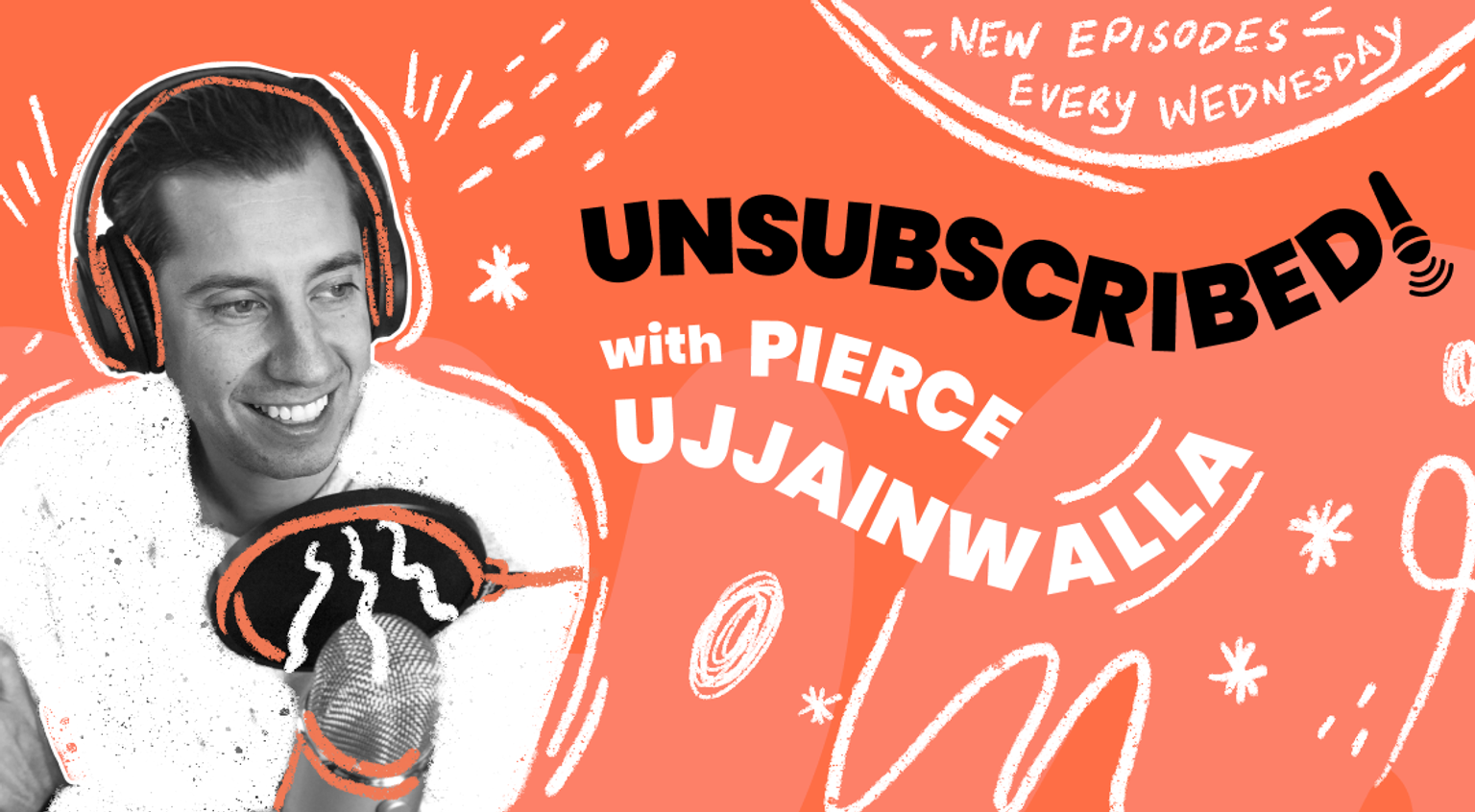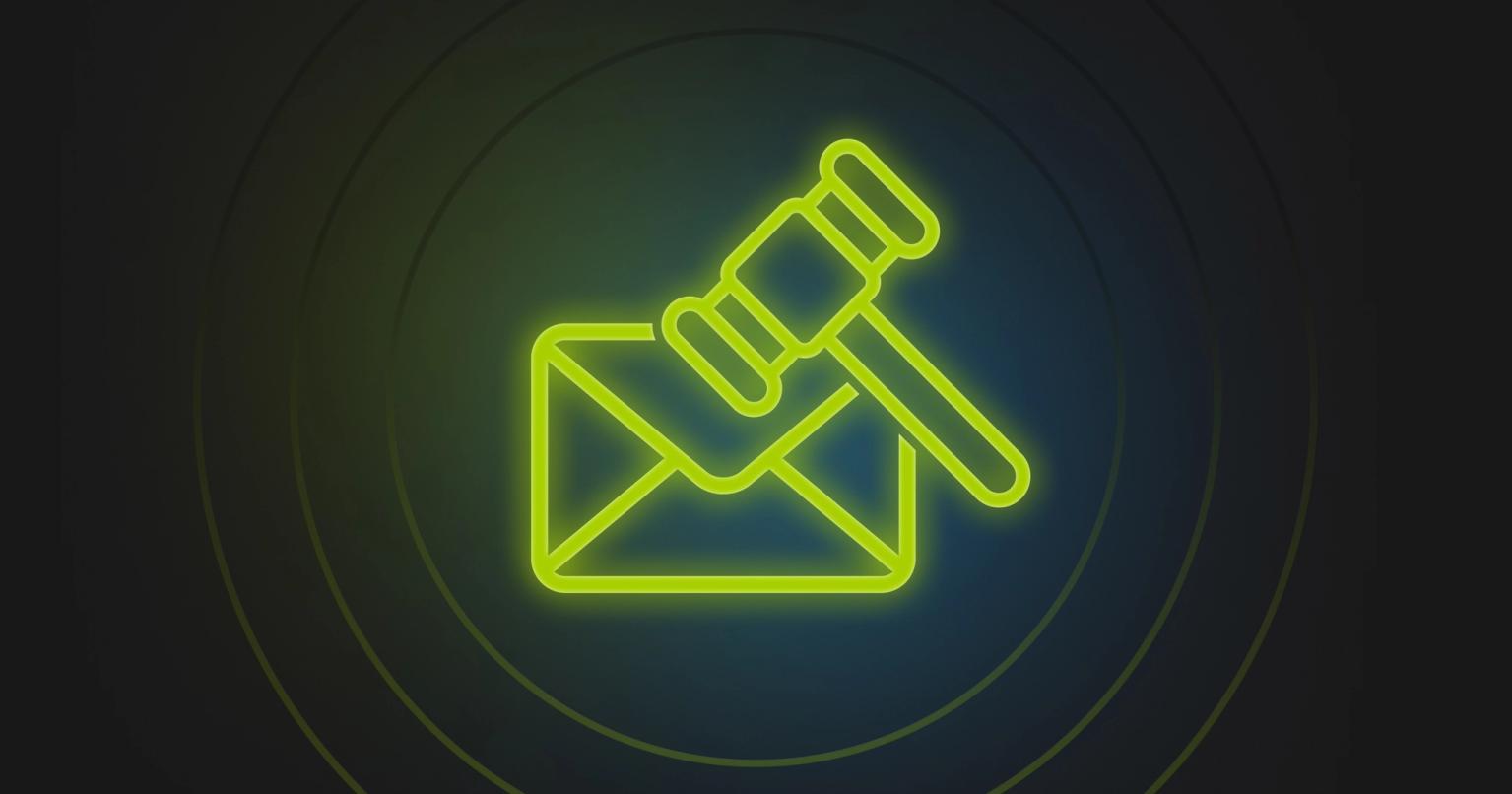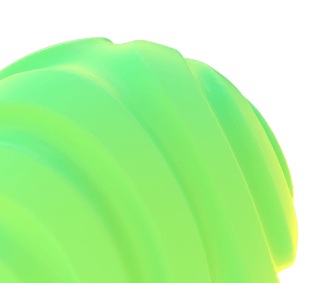What I learned about starting a podcast – and why it’s been worth it

I recently began hosting a regular podcast entitled Unsubscribed! in which I interview business leaders about any number of topics – usually, but not always, centred around marketing, tech and career advice. (Unsubscribed! is available on our website as well as through the usual podcast players such as iTunes and Spotify.)
Doing a podcast is a whole new experience for me. I am by nature curious, but I’ve never before been constrained by the technical, content and value considerations of creating and hosting a series of recorded interviews.
While I occasionally dream about becoming the Joe Rogan of marketing – the comedian and podcast host recently got $100 million U.S. to move his podcast, The Joe Rogan Experience, to Spotify – I recognize I have a lot to learn. In fact, doing Unsubscribed! has shown me you can’t just throw things together.
Here, for the benefit of anyone thinking of giving Joe Rogan a run for his money, are a few things I’ve learned about creating podcasts.
1. You need to commit to it
I’d wanted to do a podcast for quite a while before I actually took the plunge. For me the hardest part of the whole process was just getting started. There was a lot of inertia to overcome – not to mention a certain amount of fear.
I knew what I wanted to talk about – the area where marketing and technology intersect, plus general issues like work-life balance – but the topic seemed so vast, I didn’t know where to begin. I had a list of 50 people I wanted to talk to, but I had no idea who to ask first, or what questions I would put to them once I had them at a microphone. I also worried the content wouldn’t be good enough to captivate listeners.
In the end, the simple fact of buckling down and recording the first episode was all I needed to get me started.
Then, to work it into my schedule, I committed to recording a podcast every Monday at noon. It quickly became a habit, and before I knew it, I had built up a library of some 20 episodes.
2. You need to set the right expectations
I’m a marketer by training, not a podcaster. My first episode was not as polished and professional as I would have liked. But that’s OK. I will get better with practice.
3. You need to have the right equipment and tools
To create a good podcast, you need to have the ability to record clear, crisp audio. We didn’t at first; in fact, our marketing team informed us that the audio quality on our first five podcast recordings was sub-par.
The big lesson here: Use quality recording equipment. Good audio is critical if you are to have a good podcast. Using a tool like Riverside.fm has also made it much easier for us to get consistent quality recordings from both side of the call.
If you’re doing video as well, you will naturally need to have a good quality camera too. And you will have to pay attention to the background you’re using. (You want something innocuous that won’t detract from you.) Camera angles and lighting need to be considered. Oh, and clothing too. Unless you are talking about your clothes, what you wear should not attract comment.
Once you get proper equipment, and once you work out the setup for things like lighting, the heavy lifting is done. You don’t have to rethink these things with every episode; just stick to the formula you’ve worked out.
4. Realize that you need to develop new skills
Podcasts don’t create themselves. They require planning to get them going, research to firm up the content, and interview skills to extract interesting and meaningful material from my guests. There’s work to be done in each of those areas.
Once I got over my initial fears (see item 1), I found it relatively easy to plan for the shows. I have never been short of ideas.
But I quickly realized that preparation was important. I couldn’t just interview guests off the cuff. I had to do research, decide what I wanted to focus on, and develop that topic. I now try to spend one hour before each interview writing up a little descriptive introduction about my guest and preparing a list of questions to get us going.
Interviewing is a whole other skill I am learning.
I’ve always been a curious guy, and it’s in my nature to pepper people I meet with all sorts of questions. But it’s different when you interview people for a podcast. Some guests love to talk, and the challenge is to keep them on topic; others give terse answers, so the challenge is to get them to open up. You have to learn to adapt to guest styles.
I’d like all my interviews to sound like a relaxed conversation. But some sound more like a dry question-and-answer session.
It’s hard to strike the right balance. To do that, I need to listen to what my guest is saying. Sometimes, it’s best to get them to expand on an answer rather than to fire off the next question on my list. That requires presence of mind; the interviews can’t be done on autopilot.
5. You need to market the podcast
The podcast is a product. And a product won’t go anywhere if you don’t market it. Potential listeners need to know that it’s available.
So that means you need to brand the podcast and create marketing material – things like a title, a description, and even something as basic as a photo or a logo. In our case, we also wanted to offer transcriptions.
And of course you have to work out a distribution system. We post our podcast not only on our website, but on platforms like iTunes and Spotify. It’s not particularly difficult to do so, but it must be done. You also need to learn to spin off content onto other platforms, such as social media.
All of this requires more effort than I was expecting.
6. You need to work at improving yourself
Like many people, I hate listening to the sound of my own (recorded) voice. But when you’re doing a podcast, you need to get over it. Listening to how you come across will help you improve.
In my case, I learned that I have a very loud laugh; I’m working on toning it down.
Is listening to myself painful? Yes. But remember, you’re your own worst critic. You’re almost certainly coming across better than you think.
And you will get better if you actively work to correct minor quirks and imperfections.
7. You need to recognize the value of what you’re producing
Even though it’s still too early to assess the full impact of our podcast, it’s already evident to me that there’s value in what we’re doing.
- The podcast is allowing me to share my thoughts and ideas with a wider audience; I’m no longer limited to the people in my immediate entourage.
- It’s allowing me to reconnect with people in my network – people I’ve been cut off from because COVID has stopped travel.
- I’ve learned an incredible amount from my guests. I feel I’m getting smarter every week just from listening to their stories and their advice, and hearing what they are doing. It has all been super-valuable to do me. And to our listeners, too. Because I’m just passing on what I learn.
- The podcast is a showcase for one of Knak’s core values: transparency. We want to be a transparent company, and we want people to be able to get to know me, the CEO.
- It lets potential customers get to know us before doing business with us.
- It lets us give people in our network something of value.
- It generates a lot of usable content for us, for example sound bites for social media.
At some point, we’ll look at data to see who’s listening. That will let us make decisions about where to take the podcast in the future.
For now, I still get a kick out of seeing Unsubscribed! show up on Spotify – right next to The Joe Rogan Experience. Maybe Joe Rogan will notice me and listen in!

Author
Co-founder & CEO, Knak
Pierce is a career marketer who has lived in the marketing trenches at companies like IBM, SAP, NVIDIA, and Marketo. He launched Knak in 2015 as a platform designed to help Marketers simplify email creation. He is also the founder of Revenue Pulse, a marketing operations consultancy.











